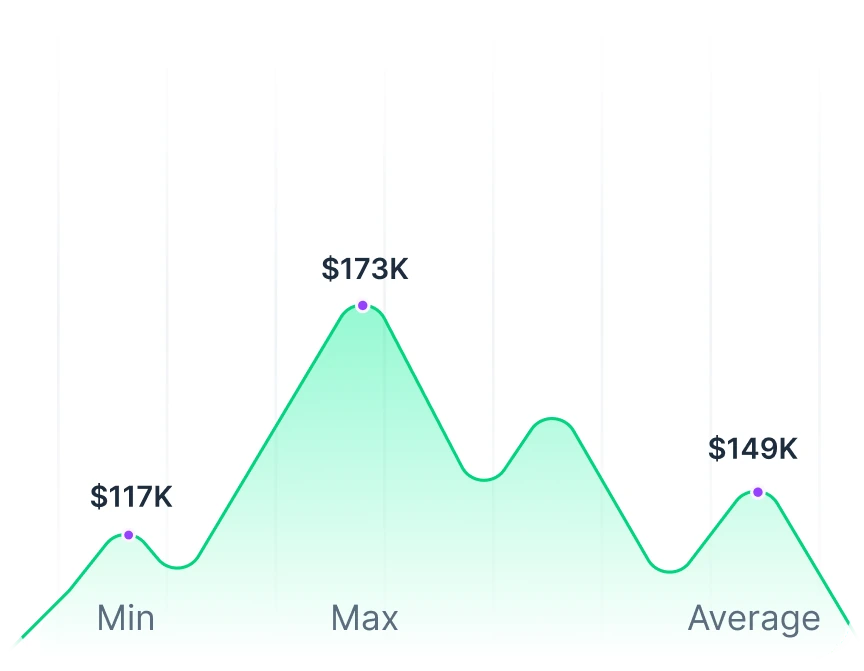Introduction
DevOps combines the developers and operations team into one cohesive unit. This prevents confusion and increases communication. DevOps professionals are valuable assets to an organization since they understand the viewpoint and can communicate with the entire group.
Overview
DevOps Certification plays a vital role in the hiring process and is also reliable for better jobs and future success. The information gained through the training sessions during the certification program will help to enhance the current capabilities of the candidate.
Also Read: What is Jenkins pipeline?
During the certification program, candidates will absorb the DevOps methodology and all its tools and techniques. They will learn how to work in a team of cross-functional team members and how to provide improved workflows and better product deployment. DevOps certification benefits include being consistently ranked among the highest paying jobs in the IT industry.
Take control of your infrastructure with Kubernetes Cluster Enroll Now!
Eligibility Requirements for Certification
To qualify for the DevOps certification, there are no formal prerequisites involved. However, it is recommended to have a technical background with an understanding of the Linux fundamentals, Web development fundamentals, and Java fundamentals. and also learn about the Monitoring Tools in DevOps.
Also Read: Feature Flags in DevOps
The Process of Certification
Here's how to get a DevOps Certification:
- Register for a DevOps course online.
- Get a minimum of 36 hours of training to gain enough knowledge to work on a project.
- Upon completing the training, candidates will receive a project.
- Once the online training and the project are completed, the DevOps Certification will be awarded by the training institute.
- Read More: How to Enable Virtualization
- Course Content
A DevOps professional must know various disciplines in development and operations. They must also know how to work on different applications. Hence, they need to undergo certification to become what it truly takes to be a professional in the field. Learning tools like Azure DevOps Boards is essential, as it helps professionals plan, track, and manage work efficiently across development and operations teams. and also know about the DevOps Books.
Aspirants become certified professionals only after undergoing proper training. and also learn about the DevOps Programming Language.
DevOps Essentials
Aspirants must first learn what it means to be a DevOps engineer and realize that they are in charge of both the development and the operations sector. They will gain the basic knowledge of how DevOps functions, as well as learn about the business side of things and products.
Managing Source Code
It is essential to learn managing changes in source code and keep track of them. Github is one of the leading applications for the same. Managing the source code helps to keep the stakeholders, developers, and managers on the same page. and also know about the DevOps Principles.
Read More: Kubernetes Events
Understanding and Implementing Build Tools
DevOps professionals use build tools like Docker in Devops, Puppet, Ansible, and Jenkins Plugins to automate their work. These tools help to compile, link, and convert the source code to an executable package for the desired system.
See Also: What is Devops Engineer & What Do They Do
Containerization Integration
DevOps professionals use tools like Docker to keep everything in one container and share it via cloud among all team members.
Continuous Integration and Testing
DevOps Engineers need to continuously test as well as work on development, and deployment. Hence, they need to learn how to use tools like Jenkins. And also Learn about the DevOps Chef.
Conclusion
DevOps not only enhances the power of a combined operations and development team but also enables better communication and quick resolution of all issues, often in close coordination with the Release Manager Roles and Responsibilities, which are key to smooth product deployment. One needs to undergo training that develops them internally as well as increases their skills and knowledge to solve problems better. After completing a project and receiving DevOps certification, it is also much easier to get a job. and know about the DevOps Course duration.
























